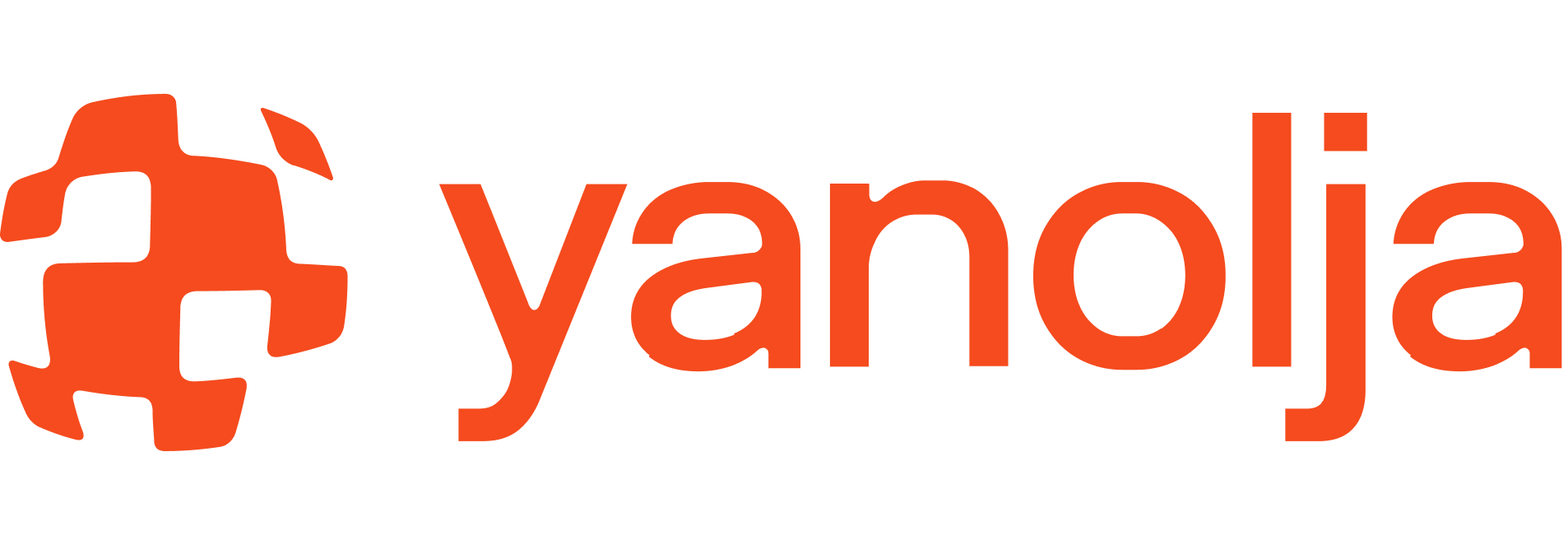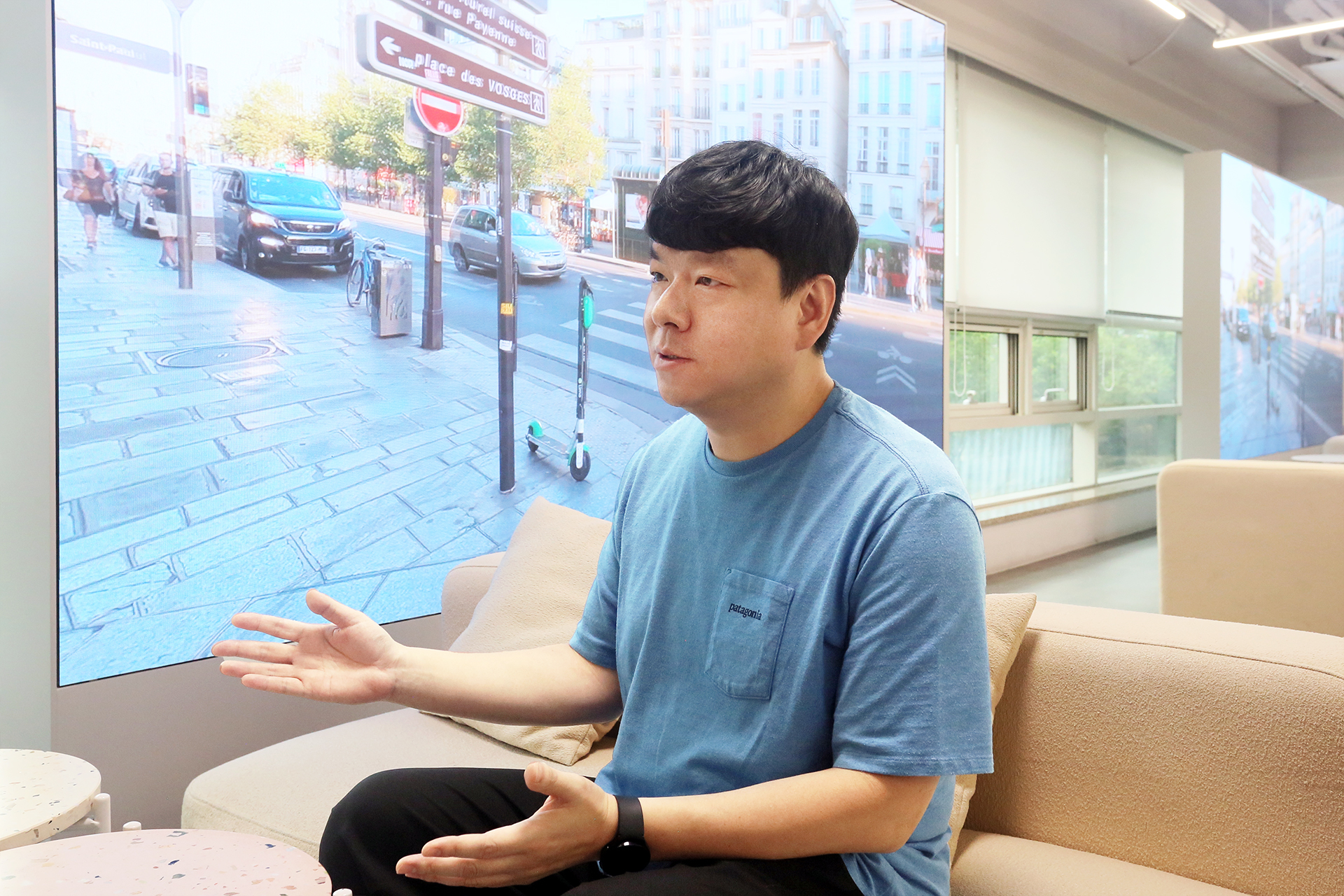
Connecting a Fragmented
Travel Experience
An interview with Hyunyeop Jeong, Yanolja NEXT Connectivity Leader
"Building a hub for global travel data"
For nine years at Coupang, Hyunyeop Jeong solved complex problems by designing e-commerce and logistics systems. Now, he leads the Yanolja NEXT Connectivity team, taking on the immense challenge of linking fragmented travel data.
We sat down to talk about his journey to Yanolja, the problems the Connectivity team is solving, and the kind of colleagues he's looking for.
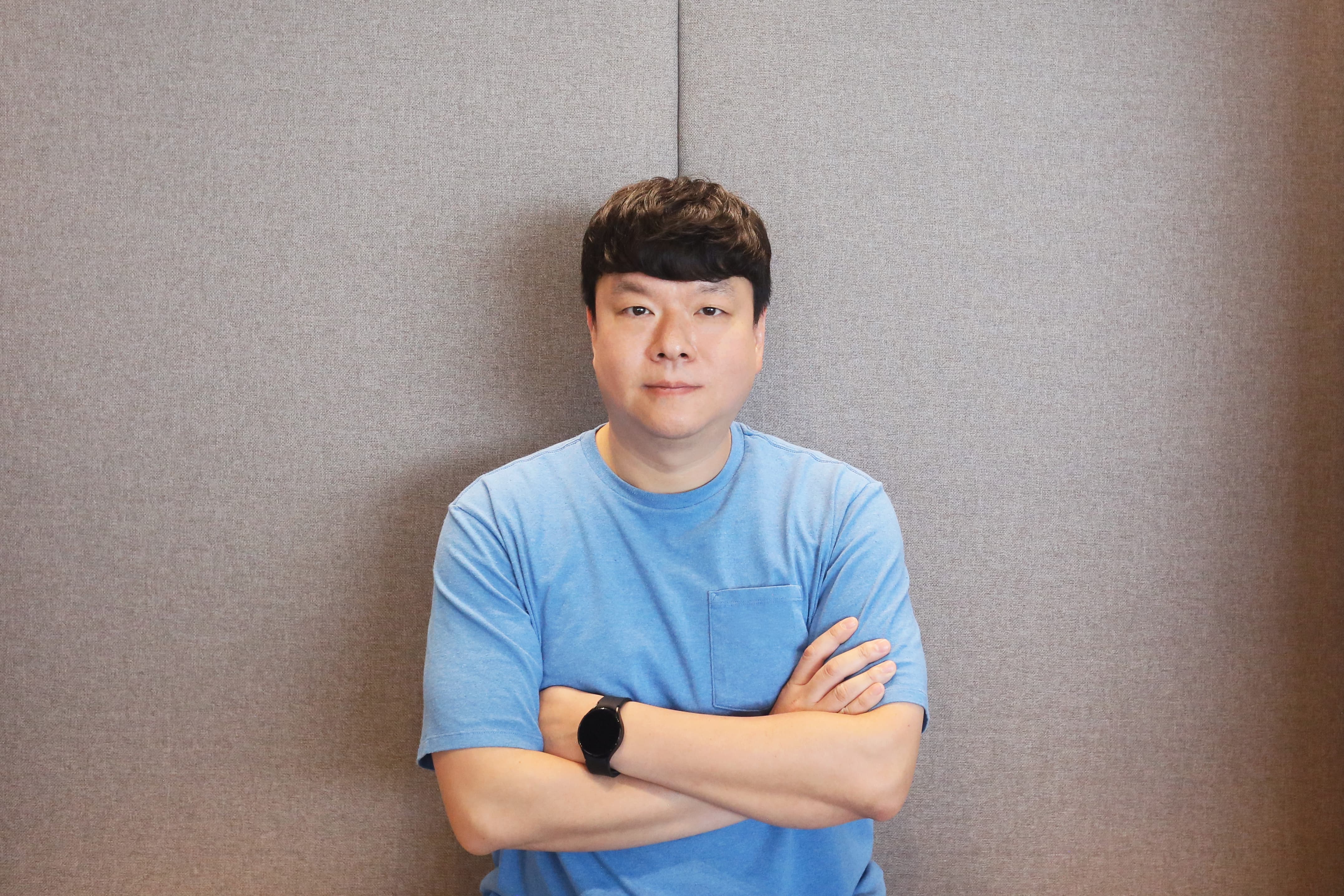
Q. What are you doing at Yanolja?
I lead the Connectivity team at Yanolja NEXT. Our mission is to "make all travel-related data as easy and convenient as possible for customers who need it." We are currently focused on building a 'Data Hub,' which gathers and standardizes supplier data scattered across multiple channels like Yanolja, Interpark, and Triple, so any sales channel can easily use it.
Q. Your career transition from Coupang after nine years is impressive. What were your criteria for making the switch?
Over nine years at Coupang, I grew as an expert by gaining broad experience in various fields, from developing e-commerce web services to designing and building customer service, settlement, and logistics systems (WMS). In my final period, I focused on a project to link equipment for logistics automation, but I began to feel that opportunities to drive change and innovation were becoming limited. As someone who always seeks growth and learning, I wanted to more actively contribute to a company's development by bringing diverse ideas to life. Yanolja's direction, which aligned with my own, was very appealing, and I decided to make the move.
Above all, I was strongly drawn to Yanolja's 'global expansion vision' and its 'End-to-End direction' to innovate the entire travel process with technology. The idea of using technology to change the fragmented interface of the travel industry was very attractive. I felt that I could solve a massive, unsolved problem with great colleagues.
Q. What is the core problem the Connectivity team is solving?
"Making all travel-related data easily accessible to those who need it."
In the travel industry, data and integration structures differ across each supplier platform, each with distinct characteristics. Our core challenge is to centrally manage and standardize this fragmented data flow. Ultimately, we aim to integrate and manage all travel vertical data—including not just accommodation but also flights, local leisure, and more. By building a well-refined and standardized interface, we are laying the technical foundation for numerous sales channels and partners to easily create new, innovative travel services based on this data.
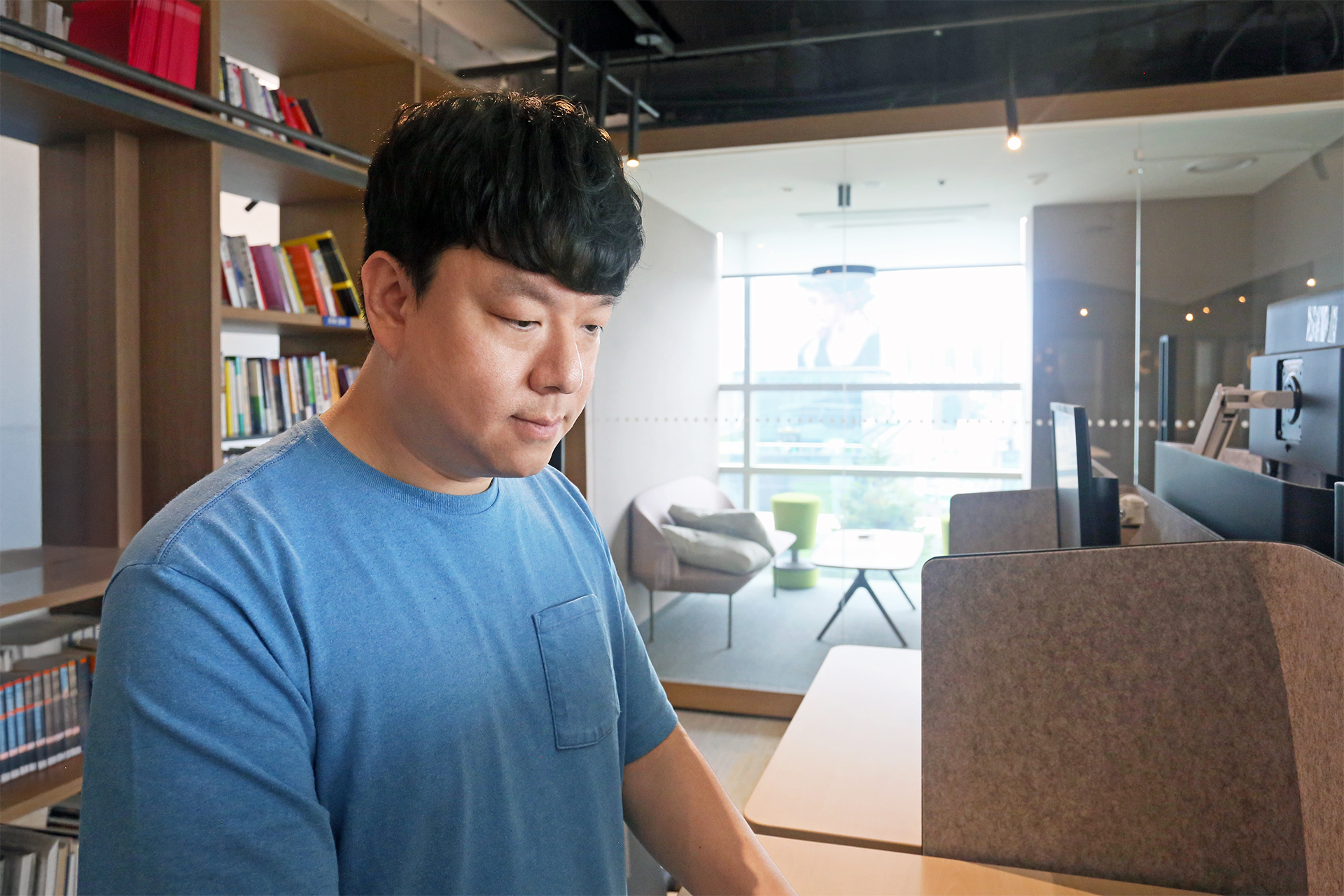
Q. What do you think is the biggest strength of the Connectivity team?
I would point to two things.
First is a culture that prioritizes engineer growth. Our team practices Agile methodology to quickly respond to change, collaborate flexibly, and continuously improve. Developers don't just perform assigned tasks; they actively participate in all stages, from requirements analysis to architecture design. This provides an environment where they can deeply understand the essence of a problem and build their capabilities.
Second is an organization where boundaryless collaboration comes naturally. Everyone works together for the team's goals, regardless of their domain. We provide an environment where you can actively take on new fields rather than being limited to a specific technology or area. This culture naturally leads to a high level of camaraderie and a voluntary atmosphere of learning and growth.
Leading this team for the past two and a half years, the most rewarding part has been seeing it become a true 'One Team.' I believe that the atmosphere of freely exchanging opinions regardless of rank or experience, and the proactive creation of study groups to grow together, is the true asset of our team.
Q. What is your leadership philosophy or values as a team leader?
I don't think a leader is someone who solves problems for their team members. Rather, a leader should clearly present what goals the team is working toward and in what direction they should be going.
While the company speaks of its vision and mission and creates a roadmap to achieve them, a leader should organize the specific goals and execution roadmap at the team level to make that vision and mission a reality. A leader acts as a compass, not by making team members move without thinking, but by providing a direction that allows them to focus without confusion.
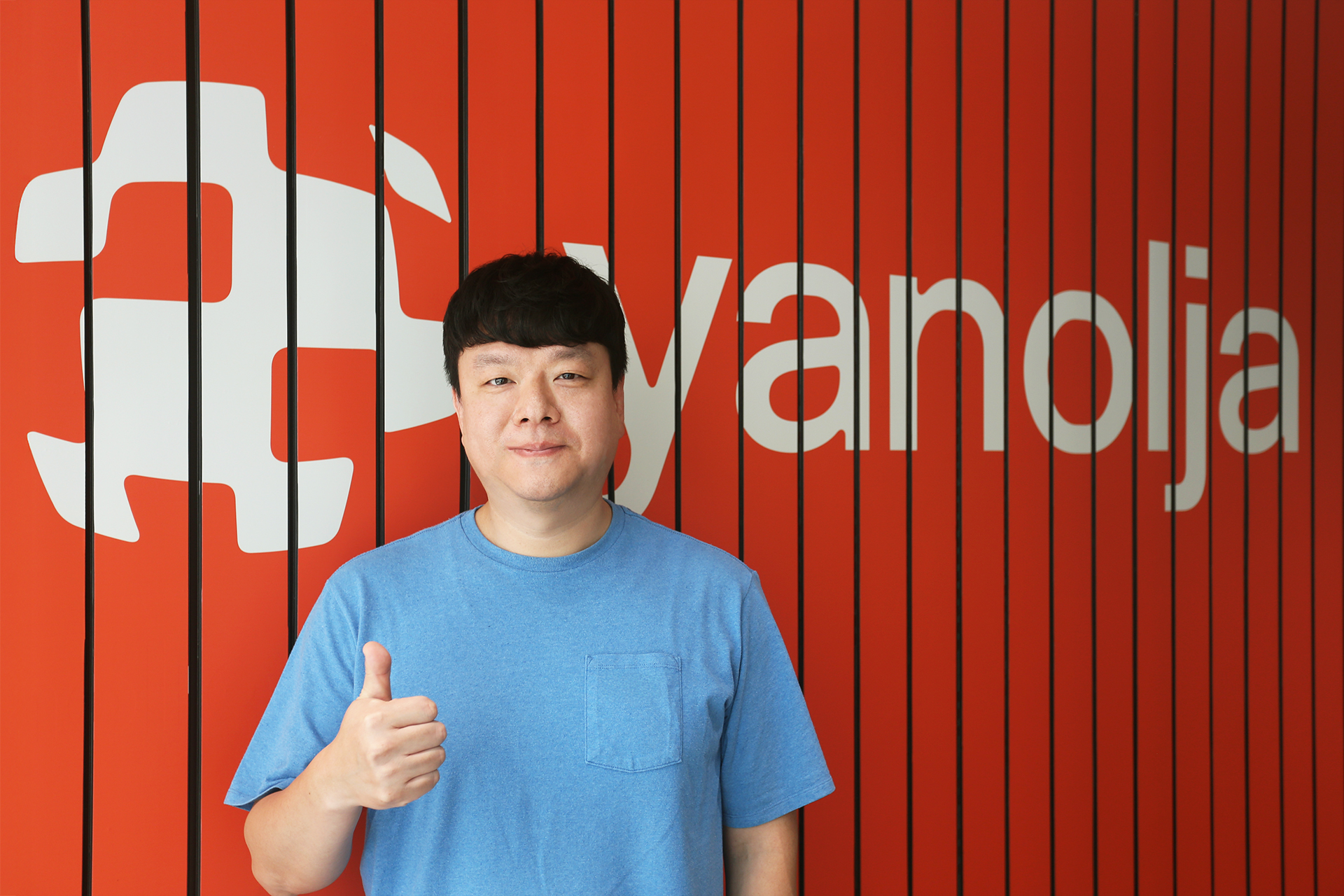
Q. What kind of colleague would you like to work with?
I hope to find someone with two qualities: a strong desire for growth and a habit of thinking deeply.
Just solving a given problem isn't enough. The habit of deep thinking, like asking, "How will this decision affect other areas?" or "What should we consider in advance?" is the foundation for building a robust and scalable system. An active attitude of not hesitating to ask questions and seeking answers is important.
Whether you're a junior or a senior, if you can clearly understand a problem from your position and take the initiative, you will surely grow well on our team.
Q. Do you have a message for those who are considering joining the team?
Our Connectivity team isn't just a team that organizes data. We are a team that innovates the travel industry's inefficiencies with technology and makes the flow of global travel faster and more flexible.
If you want to personally define problems that have not yet been solved, if you want to learn and grow through challenges, and if you want to work with great people as part of a team, apply.
